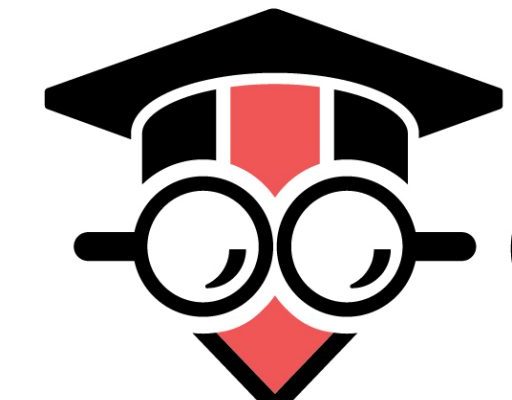Top 7 Educational Technology Tools, Apps, and Resources for Higher Education

Higher education is experiencing a time of rapid change. The traditional picture of a college-aged student sitting in a large lecture hall is no longer. Students complete their education at any age, in a variety of formats, and, sometimes, from multiple institutions. A recent study by the Babson Survey Research Group as reported in US News and World Report found that approximately 5.8 million students took at least one online class in 2014. The average age of someone enrolled in higher education now is 25. This change puts the focus on educational technologies that can provide solutions for classroom management, assessment, microlearning, affordability, and collaboration. These identified areas of need for higher education lead to 7 quality educational technology tools and apps for leading the way in an era of rapid change.
1. Open Educational Resources
William Bowen wrote in his 2012 book “Higher Education in the Digital Age” that the two factors increasing in higher education are the cost of a degree and the prevalence of online learning. Open educational resources provide a solution that reduces the cost of materials for students and increases reliance on digital resources. There are many tools to use when searching for or authoring open educational resources including OpenStax and MERLOT. Schools are now offering degrees with no additional costs outside of tuition known as Z-Degrees. Aside from the potential cost savings, students have access to material on the first day of class and do not need to wait for their loans to come in.
2. Virtual and Augmented Reality
It was not long ago that virtual reality was cost prohibitive and caused nausea for many people. However, the technology is rapidly advancing, and virtual reality is now feasible for use in the classroom and beyond. Students can create 3D videos and watch them through an app on their phone using Google Cardboard. Virtual reality has endless applications and can be used with any subject.
The related construct, augmented reality, uses tools such as the Microsoft HoloLens to superimpose a simulation into the physical environment. While some of the simpler attempts like Pokemon Go became a worldwide phenomenon, the potential to engage in case studies and anatomy dissections is genuine with this technology.
3. Proctoring Tools
The routine way of administering proctored exams was to send students to a proctoring center and submit the test upon completion. Supervised proctoring centers is how tests like the SAT work. These can be problematic for students with mobility concerns or who do not live close to a physical testing center. Also, proctoring is a demand on oft-coveted campus space. There is a legitimate vendor presence now from companies such as ProctorTrack, Examity, ProctorU, and Respondus. The essential idea behind this technology is that students can complete an exam from their home with proctoring turned on. These tools verify the student, monitor eye contact, and allow for live viewing, recording, or an automated flagging process. While there are concerns about value and accuracy, this solution helps with issues of summative assessments in online learning.
4. GoFormative
All classroom teachers have used formative assessments at one time or another. These are used to inform instruction and gain insight into what students are understanding. GoFormative takes the impromptu formative assessment and transforms it with organization and analytics. Educators can build from a variety of question types and file formats. The system provides tagging features that allow for metadata organization and discovery. Students complete their assessment in real time. Students are provided with manual and visual feedback.
5. Piazza
Many discussion forums are not intuitive. Threads get lost, students miss responses, and there is a failed sense of community. Piazza is a different discussion board experience. Design for the student, Piazza allows for many different features including “pinning of posts,” etc. Collaborative learning is important, even in the online asynchronous environment, and tools like Piazza help to make collaboration feasible when students do not live in the same time zone, let alone use the same classroom.
6. Digital Badges
There has been a shift in focus to microlearning. This type of learning presents information in digestible chunks and has been shown to be less expensive than macro learning modules. Associated with microlearning are credentials or certificates to signify completion. A type of micro-credentials that stores metadata is known as a digital badge. This tool provides a visual marker of learning and is clickable. The clickable nature means that the badge shows the issuer, the standard the work required, and the student work if they choose to share.
7. HapYak
Research indicates that optimal video length without interruption is under 6 minutes. Sometimes, it is preferable to have a longer lecture. HapYak transforms video from passive information into an interactive experience. Like all quality educational technologies, it is accessible with learning analytics built-in. Students never leave the video to engage with the content.
The world of educational technology changes constantly. There are new platforms and promises of transforming education. It is important for online higher education leaders to think critically about how to serve their students with appropriate technology solutions. Thinking back to Bowen, technology designed to improve online learning or reduce the cost for students are strong areas to explore and utilize.






